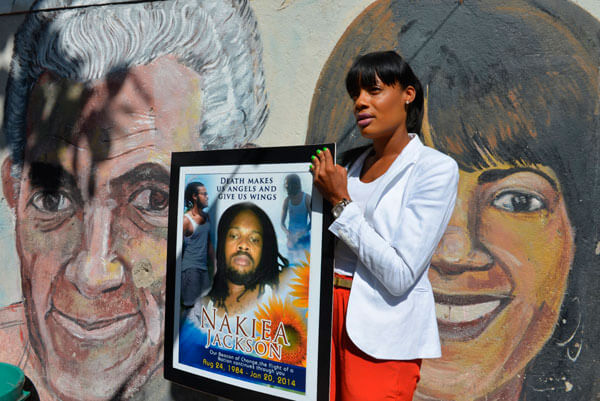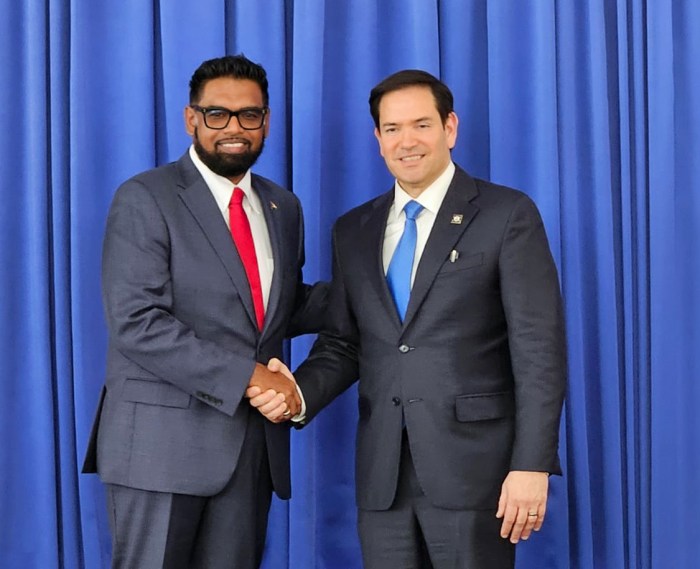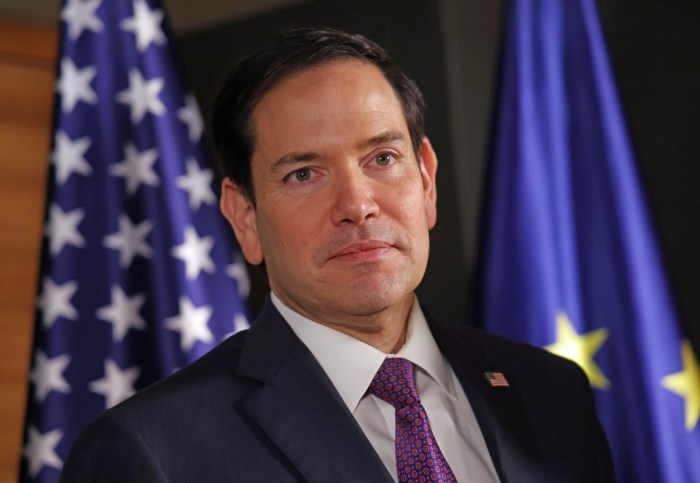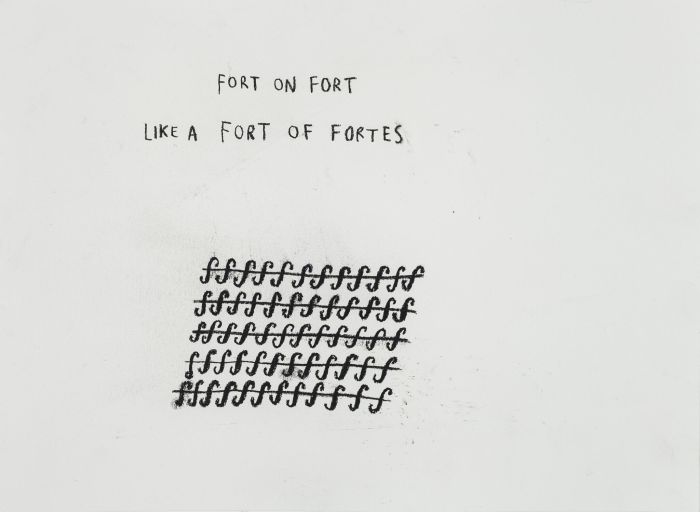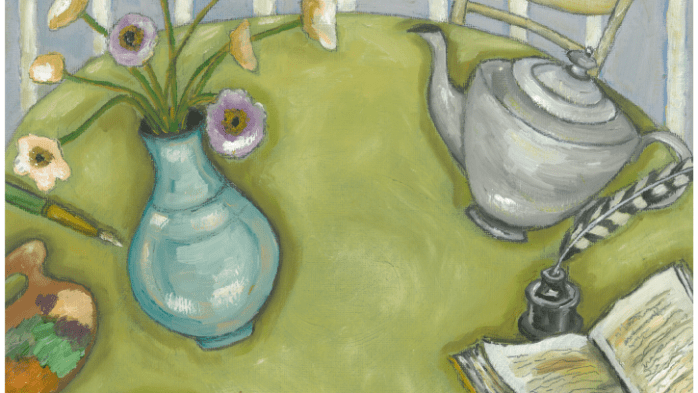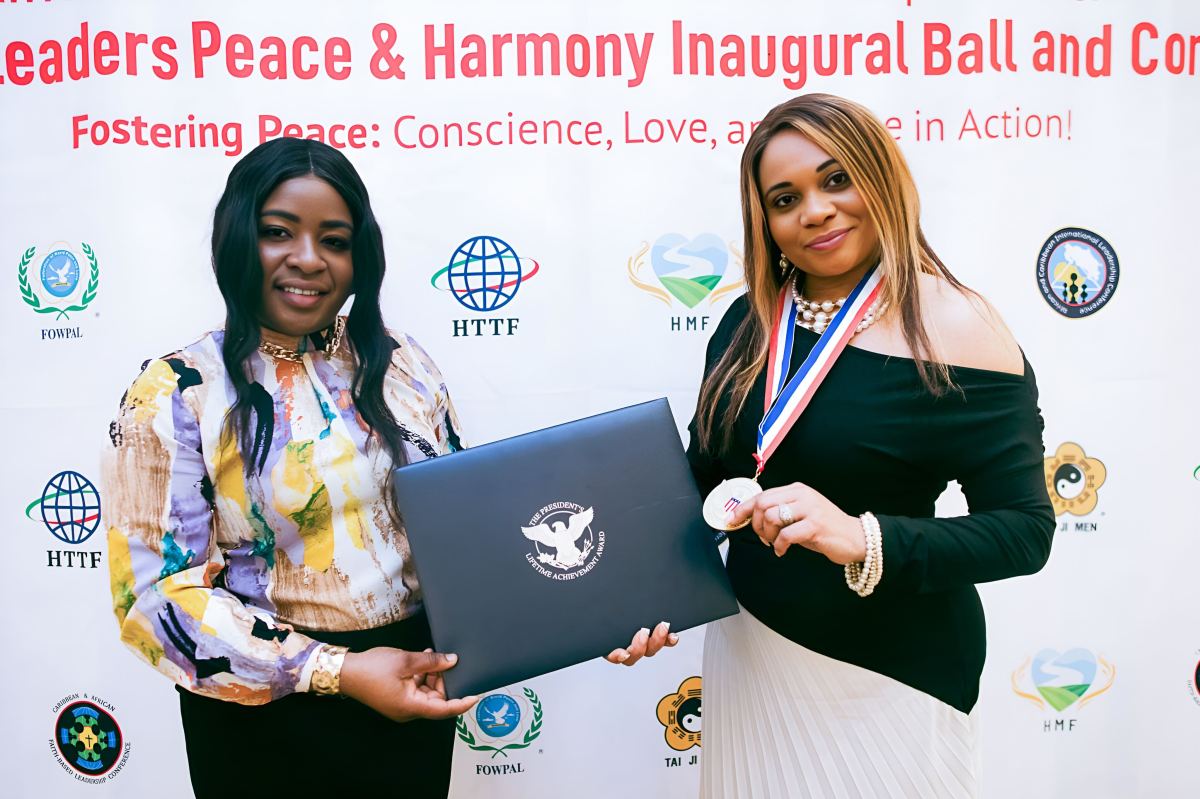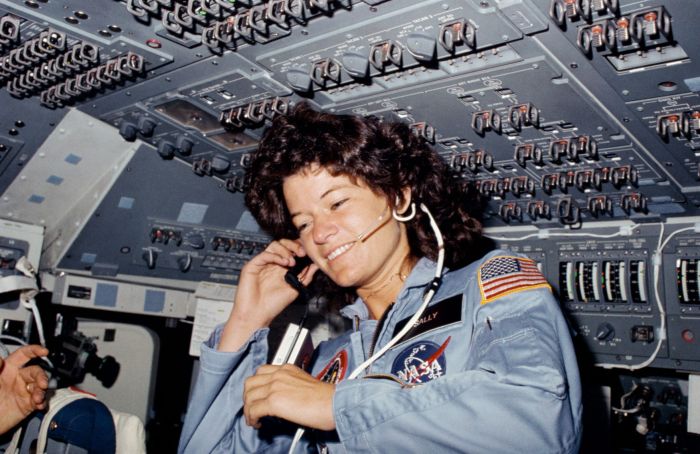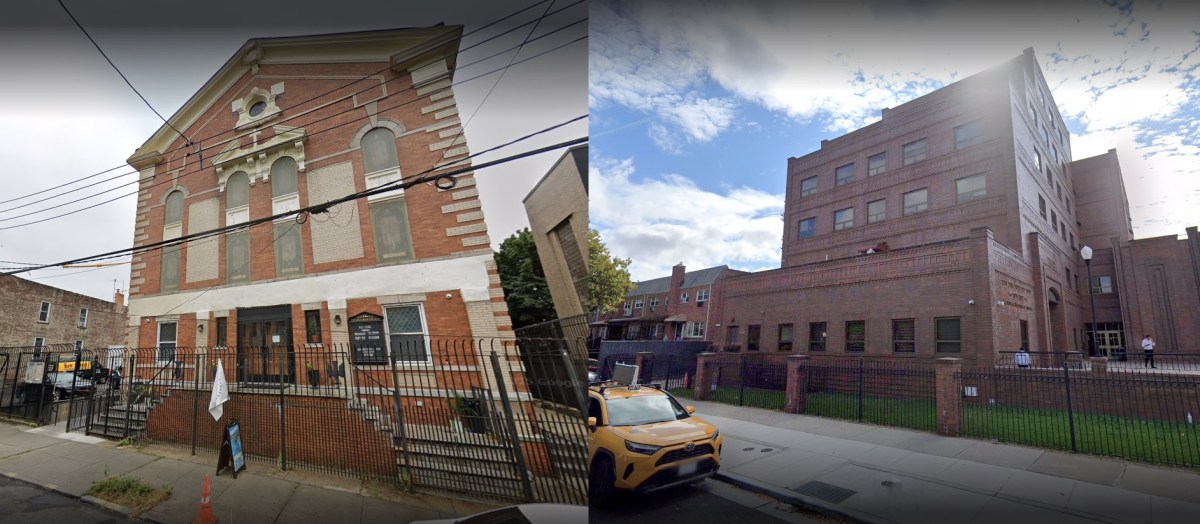KINGSTON, Jamaica (AP) _ Jamaica fosters a “culture of fear” and impunity linked to a high rate of killings by police officers that stretches back for years on the Caribbean island with chronically eye-popping rates of violent crime, Amnesty International alleges in a report issued Wednesday.
The London-based group said just two Jamaican officers have been convicted of murder since 2000 while roughly 3,000 citizens were killed in police-related fatalities during that time. It’s been such a longstanding pattern of killings that Amnesty suggests there could be state-sponsored executions in the gritty slums where the deadly shootings generally take place.
“Information gathered for this report points to a strong likelihood of the existence of individual police officers or even units tasked with carrying out extrajudicial executions on the orders of some governmental authorities or with its complicity or acquiescence,’’ the report said.
Local rights activists have made the same allegations for years and residents of poor neighborhoods routinely protest what they insist are unjustified killings by lawmen, accusing them of planting pistols next to dead bodies and letting wounded victims bleed to death. Almost all of those killed have been written off by police off as armed criminals who died in shootouts.
Prime Minister Andrew Holness, whose Jamaica Labor Party won February national elections, met with Amnesty officials in Jamaica’s capital of Kingston and received a copy of the report. He said his administration was committed to ensuring human rights of all islanders.
“We reject violence. The government is of the view that the state should set the example and not use violence as a means of conflict resolution,” he said in a Wednesday statement.
The Jamaica Constabulary Force didn’t respond to emails or calls seeking comment about Amnesty’s report. But senior police commanders have long dismissed accusations of unlawful killings and crime scene manipulation as wildly exaggerated, noting Jamaica is awash with illegal guns and violent gangs.
There’s no shortage of Jamaicans who support tough police tactics on an island with a paltry conviction rate for homicides.
Last year, the country of less than three million people had at least 1,192 slayings, a roughly 20 percent increase from the previous year. That’s some 43 slayings per 100,000 people, keeping Jamaica ranked among the most violent countries in the world. In recent years, the UN listed the island as having the world’s sixth-worst homicide rate. The World Bank ranked Jamaica in the top five in 2013.
In its new report, Amnesty also accused police of illegal “intimidation and harassment’’ against relatives of citizens slain by lawmen, particularly women.
Interviews with over 50 relatives of 28 people believed to be unlawfully killed by police showed that “most had experienced intense and pervasive harassment and intimidation by police in their pursuit of justice,’’ including threats at home, workplaces, and even during funerals, the report said.
“Shocking injustice is the norm,’’ said Erika Guevara-Rosas, Amnesty’s Americas director.
In recent years, the number of police killings in Jamaica has actually decreased significantly, Amnesty notes in its report. But there’s still an average of two killings by police a week and Amnesty researchers said they found “no evidence of improved internal accountability within the police or changes in the way the police operate.’’
There seems to be a mix of reasons for the reduction in police-involved killings since 2014, but perhaps the biggest is the fear among officers of prosecution by an independent agency that now investigates abuse allegations against police. There’s also a Special Coroner*s Court to conduct inquests into alleged police killings.


